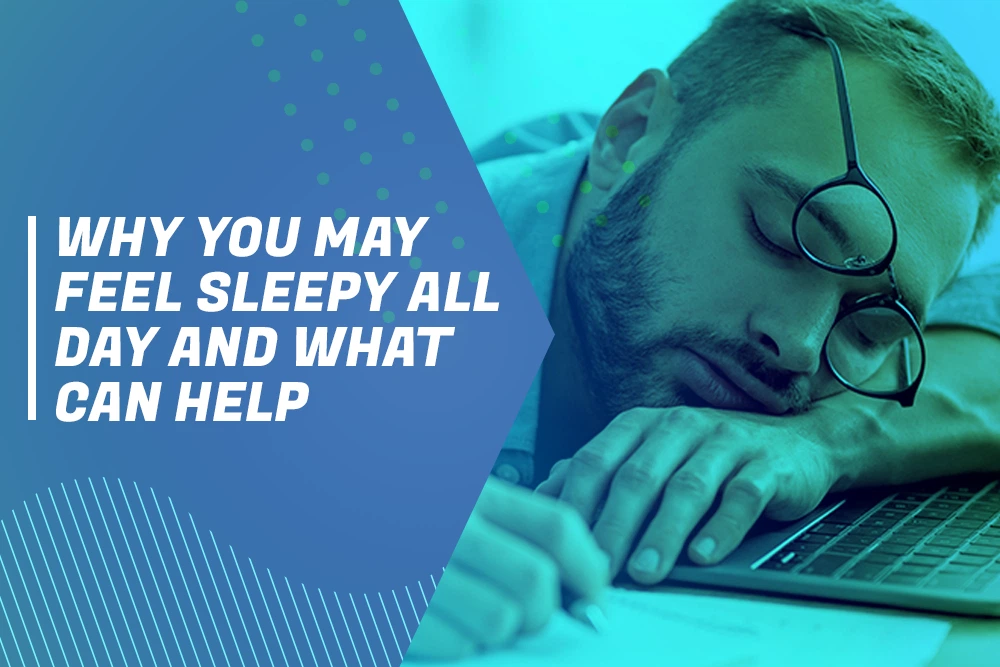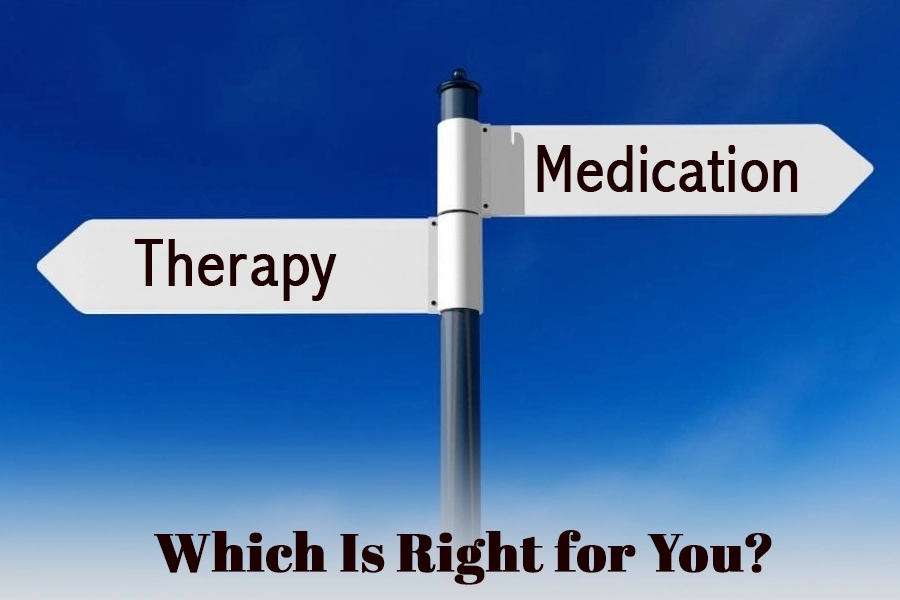People often think of bipolar disorder as a roller coaster of feelings, with very high highs and very low lows. But for a lot of people, mood swings aren’t the only problem. Poor sleep and constant tiredness can slowly take over your daily life.
People with bipolar disorder often lose a lot of energy during the depressive phase. No matter how much sleep they get, someone can wake up feeling tired. And you get even more tired when you can’t sleep well or at all. This creates a cycle that is hard to break over time: depression makes it hard to sleep, and not getting enough sleep makes depression worse.
What Makes Bipolar Depression Different
Bipolar depression has some of the same symptoms as regular depression, like sadness, hopelessness, and a lack of motivation. However, it is part of a bigger condition that also includes manic or hypomanic episodes.
When you get depressed, it’s not just in your head. It can feel physical too: slowed thinking, reduced energy, aches, and changes in appetite. And because mood regulation in bipolar disorder is closely linked to the body’s internal clock, sleep problems almost always come along for the ride.
How Sleep Gets Disrupted
People with bipolar disorder often face two opposite sleep challenges:
- Insomnia – struggling to fall asleep or waking up too often during the night.
- Hypersomnia – sleeping far longer than usual but still feeling unrefreshed.
This isn’t about bad bedtime habits — it’s largely biological. The same brain systems that control mood also manage sleep cycles. When bipolar depression shifts brain chemistry, it can throw the body’s circadian rhythm (internal clock) out of sync.
And that’s a problem, because sleep is when the brain restores balance, clears waste, and replenishes energy. Miss out on deep, quality rest, and the mind and body start to struggle almost immediately.
Energy Loss in Bipolar Disorder: More Than Tiredness
If you’ve never experienced it, it’s easy to think tiredness is something a nap can fix. But energy loss in bipolar disorder is different. It’s a heavy, almost physical weight that lingers all day, even after what seems like enough sleep.
This fatigue stems from shifts in brain chemicals like dopamine and serotonin, both of which play a role in motivation and alertness. When they drop, energy plummets too Even simple things you do every day, like making a meal or taking a shower, can seem like too much.
And this is where it gets tricky: when you feel tired, you do less, which can make you feel guilty or angry, which can make your depression worse.
Mood Disorder and Sleep: A Two-Way Street
There is a two-way link between sleep and mood disorders. Mood changes can make it harder to get enough sleep, and not getting enough sleep can make mood episodes worse or start them.
People with bipolar depression may have trouble sleeping well for weeks at a time, which makes them more likely to feel very tired. Too much sleep, on the other hand, can mess up the body’s natural energy rhythms, making you feel sluggish and even more emotionally unstable.
If this cycle isn’t dealt with, it can quietly get worse. That’s why doctors often work on both mood and sleep issues at the same time.
Breaking the Cycle
There is no quick fix, but it is possible to get better. The best ways to help are to take medicine, go to therapy, and make changes to your lifestyle.
1. Medication support
Mood stabilizers are the main part of treating bipolar disorder. Doctors may prescribe a medicine like modafinil that helps you stay awake if you are very tired. This can help you stay alert during the day. It won’t cure the depression, but it can help you get through the day.
2. Therapy
Cognitive Behavioral Therapy for Insomnia (CBT-I) can help you sleep better by changing the way you think and act about sleep. Therapists often change it for people with bipolar disorder so that it doesn’t make their mood unstable.
3. Lifestyle adjustments
- A regular sleep schedule: Every day, going to bed and waking up at the same time helps reset the body’s clock.
- Morning light: Natural light in the morning tells the brain to control sleep hormones.
- Light exercise: Gentle movement can make you feel better and give you more energy without overdoing it.
- Balanced diet: Not eating too much sugar or caffeine keeps your energy up.
Why Recovery Takes Time
One annoying fact is that energy doesn’t come back right away when the mood gets better. The body and mind need time to heal after going through a depression. It could take weeks for your sleep patterns to get back to normal, and pushing yourself too hard too soon could make you burn out or even cause another episode.
That’s why it’s so important to pace yourself. Instead of thinking of recovery as a sprint, think of it as a slow, steady walk toward stability.
The Emotional Weight of Fatigue
Being tired all the time can be very hard on your emotions. A lot of people blame themselves because they think they’re lazy or not motivated. But losing energy when you have bipolar depression is a real medical symptom, not a flaw in your character.
Knowing this can help you stop blaming yourself and start being kinder to yourself. This is just as important as medication or therapy for long-term stability.
Finding Stability
To deal with bipolar depression, you need to keep a close eye on your sleep, mood, and energy levels. Writing down or keeping track of them in an app can help you see early warning signs before a full episode happens.
While the condition can’t be “cured,” it can be managed. By protecting sleep, preserving energy, and sticking to treatment, many people find a rhythm that allows them to live fulfilling lives.
Frequently Asked Questions
- How does bipolar depression affect sleep?
It can cause both insomnia and excessive sleeping. Even when sleep hours seem normal, the quality of rest is often poor, leaving a person feeling drained.
- Why is energy loss so common in bipolar disorder?
Changes in brain chemistry during depression lower both motivation and physical stamina, making even simple activities exhausting.
- Can improving sleep help with bipolar depression?
Yes. Restoring a healthy sleep cycle can stabilize mood and improve daytime energy.
- What is modafinil used for in bipolar disorder?
Modafinil is sometimes prescribed to help with excessive daytime sleepiness, though it must be used under close medical supervision.
- Can lifestyle changes really help?
Yes. Consistent sleep, light exercise, and balanced eating can make a noticeable difference in energy and mood over time.










Leave a Reply